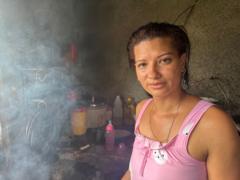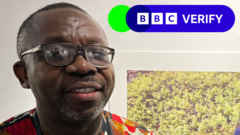Several months have already past since Sergey Lavrov sent invitations to his colleagues from the seven other Arctic nations to join him for a traditional ministerial meeting in the Siberia city of Salekhard in May.
None of them will come.
“I will represent Norway, but digitally” says Morten Høglund, Senior Arctic Official (SAO) with the Foreign Ministry in Oslo. He tells the Barents Observer that it is unclear for him how the Arctic Council meeting in Siberia will forms.
Moscow has since spring 2021 headed the Arctic Council, a forum initiated by Finland 26 years ago, which has attracted increased importance as the international society worries about consequences of the on-going climate crisis.
The work in the Council was put in pause mode a week after Russia’s ordered its all-out war on Ukraine last winter.
Now, Norway will do its best to gain momentum in what can be done with or without the largest of all circumpolar Arctic nation, Russia.
“The work in the Arctic Council moving forward will reflect the current political reality. Nevertheless, we will do everything we can to ensure that the Arctic Council maintains its role as a forum for addressing the most pressing, cross-border challenges we are facing in the Arctic,” said Anniken Huitfeldt as she in Tromsø on Tuesday presented her country’s four priorities for the next two years period; climate, oceans, economic development and people in the north.
She highlighted the environmental importance.
“The need for access to data on climate change, and the need to ensure sustainable management of resources that adequately balances considerations relating to the natural surroundings, animal life and the people living in the Arctic.”
The Foreign Minister was on stage together with Espen Barth Eide, Minister of Climate and Environment and climate.
“Climate change is taking place more rapidly in the Arctic than anywhere else. This poses a great threat to Arctic biodiversity, which is very vulnerable. We need to understand more about the impacts of climate change on Arctic biodiversity and ecosystems, both in the oceans and on land,” Barth Eide said.
“Norway will focus particularly on short-lived climate forcers such as black carbon (soot) and methane, an area where the Arctic states have a key role to play. The Arctic Council has a collective goal to reduce black carbon emissions by 2025. As a responsible maritime nation, it is also important for Norway to continue the Arctic cooperation on integrated, ecosystem-based ocean management,” Espen Barth Eide said.

 1 year ago
46
1 year ago
46


